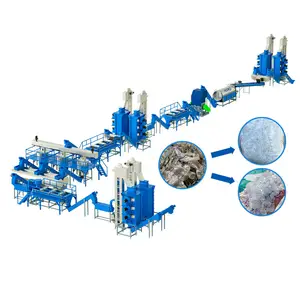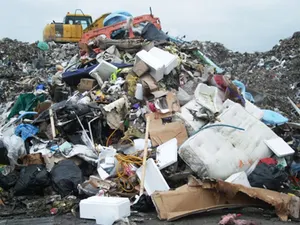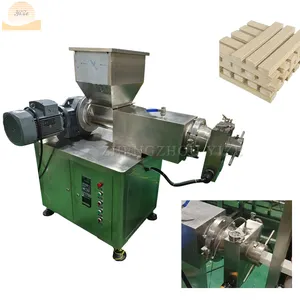Popular in your industry







































































Related Searches:








































































































































































Top categories
About waste pro recycling
Waste Pro Recycling is a vital and sustainable method of managing used materials. It involves the collection, sorting, and processing of recyclable waste to produce new products. Waste Pro Recycling makes a significant impact on the environment by reducing the amount of waste sent to landfills, conserving natural resources, and lessening energy consumption. The process of Waste Pro Recycling includes several steps:
Waste Pro Recycling Process
The first step in the pro recycling process is the collection of recyclable materials. This involves picking up waste from households, businesses, or public spaces. Waste management companies or local authorities are typically responsible for this collection. Next, the collected materials are transported to a recycling facility. At the facility, the recyclables are sorted into different categories. Common recyclable materials include paper, cardboard, glass, plastic, and metal.
Once sorted, the materials undergo processing. This step varies depending on the type of material. For example, paper and cardboard may be shredded and pulped, while plastics are melted and molded into new shapes. Glass is crushed and melted to create new products, and metals are cleaned and melted for reuse. After processing, the recycled materials are turned into new products. This may involve manufacturing items like new paper products, plastic containers, glass bottles, or metal cans. The final step in the recycling process is distribution. The newly created products are sent to manufacturers, retailers, or other businesses to be sold and used by consumers. This closed-loop system promotes sustainability and reduces the demand for virgin materials, thereby conserving natural resources and energy.
Benefits of Waste Pro Recycling
Waste Pro Recycling offers numerous environmental benefits. One of the key advantages is the reduction of waste sent to landfills. By repurposing materials that would otherwise end up in landfills, recycling helps reduce the environmental impact of waste disposal. It also conserves natural resources by decreasing the need for raw materials. For example, recycling paper helps save trees, while recycling metals reduces the need for mining. Additionally, recycling helps lower energy consumption and greenhouse gas emissions. The production of new items from recycled materials often requires less energy than manufacturing from scratch. This energy efficiency contributes to mitigating climate change and reducing the carbon footprint.
Moreover, Waste Pro Recycling plays a fundamental role in protecting ecosystems and wildlife habitats. By reducing the demand for new resources, recycling helps preserve forests, oceans, and other natural areas. This, in turn, supports biodiversity and ecosystem health. Socially, recycling creates job opportunities in the waste management and recycling industries. It also fosters a sense of environmental responsibility in communities. By participating in recycling programs, individuals and businesses can contribute to a cleaner, healthier environment for present and future generations.




























